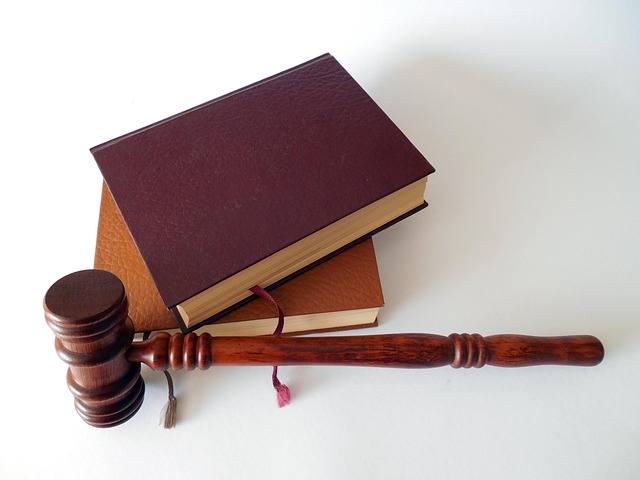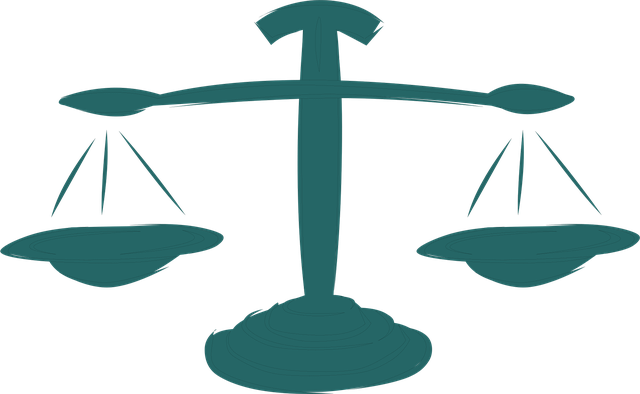The RF Securities Industry Regulation Framework, a complex system of rules and procedures, ensures market fairness and integrity. Navigating this landscape demands legal expertise to interpret regulations, employ strategic litigation, and respect client rights. The Steps in Criminal Procedure Litigation are crucial when initiating legal actions against financial institutions or individuals, involving evidence collection, grand jury proceedings, defense strategies, discovery, verdicts, appeals, and securing challenging defense outcomes.
The RF Securities industry is heavily regulated to ensure fairness, transparency, and investor protection. This article navigates the intricate RF Securities Industry Regulation framework, outlining key steps in criminal procedure litigation. From initial investigation and evidence collection, to filing charges, pre-trial preparation, trial, verdict, and post-judgment actions, each phase demands meticulous adherence to legal protocols. Understanding these steps in criminal procedure litigation is essential for market participants, regulators, and legal professionals alike.
- Understanding RF Securities Industry Regulation Framework
- Initial Investigation and Evidence Collection
- Filing Charges: Legal Proceedings Initiated
- Pre-Trial Preparation and Discovery
- Trial, Verdict, and Post-Judgment Actions
Understanding RF Securities Industry Regulation Framework

The RF Securities Industry Regulation Framework is a complex yet vital system designed to maintain integrity and fairness in the financial markets. This regulatory environment governs various aspects of securities trading, ensuring investors’ protection and market stability. Understanding this framework involves grasping the intricate web of rules, laws, and procedures that guide the industry. It encompasses everything from initial public offerings (IPOs) to trading practices, corporate governance, and dispute resolution mechanisms like Steps in Criminal Procedure Litigation.
Navigating these regulations requires a deep knowledge of the legal landscape. Professionals in the field must be adept at interpreting statutes, adhering to guidelines set by regulatory bodies, and employing strategic tactics during litigation. By mastering these skills, they can not only achieve extraordinary results but also contribute to a robust and transparent securities market. The ultimate goal is to foster an environment where investors’ rights are respected, and misconduct is swiftly addressed, leading to the winning challenging defense verdicts and, ultimately, a complete dismissal of all charges.
Initial Investigation and Evidence Collection

In the initial stages of RF Securities Industry Regulation investigations, law enforcement agencies or regulatory bodies meticulously follow the steps in criminal procedure litigation to ensure a fair and just process. This includes gathering evidence through various methods such as financial records reviews, witness interviews, and digital forensics. The primary goal is to uncover any wrongdoing, obtain relevant facts, and build a robust case. By adhering to strict protocols, these agencies aim to protect the rights of both corporate and individual clients, ensuring that their investigations are thorough and impartial.
Evidence collection is a crucial aspect where professionals employ strategic techniques to gather actionable insights. This may involve sifting through extensive financial data, analyzing electronic communications, or examining complex business transactions. The art lies in identifying key pieces of evidence that can substantiate or refute allegations, ultimately leading to either winning challenging defense verdicts for his clients or strengthening cases against suspected wrongdoers.
Filing Charges: Legal Proceedings Initiated

In the RF Securities Industry Regulation context, understanding the steps in criminal procedure litigation is paramount when legal proceedings are initiated against financial institutions or individuals. The process typically begins with a filing of charges, where prosecutors present evidence to a grand jury, who then determines if there’s sufficient cause to issue an indictment. This stage mirrors the general criminal defense principles, allowing accused entities to mount their defenses and challenge the admissibility of evidence.
Post-indictment, the defendant faces a series of legal maneuvers aimed at avoiding indictment or mitigating penalties. This may involve plea bargains, where the defendant pleads guilty to reduced charges in exchange for leniency, or challenging the prosecution’s case through pretrial motions and discovery processes. The complexity of these steps underscores the need for specialized legal counsel experienced in navigating financial crimes across the country.
Pre-Trial Preparation and Discovery

In the intricate dance of RF Securities Industry Regulation, a key phase within the criminal procedure litigation is pre-trial preparation and discovery. This stage involves meticulous steps designed to uncover crucial facts and evidence, ensuring a level playing field for both prosecution and defense. The process begins with thorough document collection and review, where attorneys meticulously sift through voluminous records to identify relevant information that could bolster their case or expose weaknesses in the opposition’s argument.
Subsequent to this, depositions play a pivotal role, offering an opportunity to question witnesses under oath. This strategic move not only clarifies facts but also uncovers potential biases or inconsistencies. For corporate and individual clients alike, a well-prepared defense strategy is paramount, aiming for winning challenging defense verdicts with an unprecedented track record. The discovery phase thus serves as the foundation upon which robust legal defenses are built, shaping the trajectory of subsequent court proceedings.
Trial, Verdict, and Post-Judgment Actions

After a trial, the jury or judge delivers a verdict, determining guilt or innocence based on the presented evidence. This is a crucial step in criminal procedure litigation, as it sets the stage for subsequent legal actions. In high-stakes cases, particularly those involving RF securities industry regulation, the outcome can significantly impact not only the accused’s freedom but also their financial standing and reputation within the philanthropic and political communities.
Post-judgment actions follow the verdict, where both parties have opportunities to appeal or move for a new trial. These processes are intricate and often involve meticulous legal strategies. Winning challenging defense verdicts in such cases requires robust advocacy, thorough investigations, and a deep understanding of regulatory frameworks. The ultimate goal is to ensure fairness and maintain integrity within the financial sectors while considering the broader implications for all involved parties.
The regulation of the RF Securities Industry involves a comprehensive legal framework that ensures fairness, transparency, and protection for investors. Understanding this process is crucial for all market participants. From initial investigations to post-judgment actions, the steps in criminal procedure litigation are meticulously designed to address violations effectively. By adhering to these regulations, the industry can maintain its integrity while fostering a secure investment environment.






